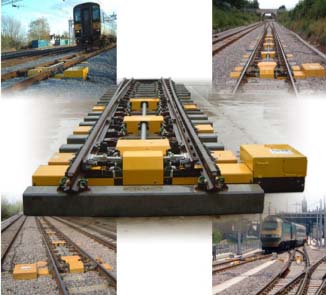The United Kingdom’s rail industry can afford to smile with the news that the first completed pre-series Class 800 train is on its way.
The train, built by Hitachi in Japan, is the first of a fleet of 122 trains set for the Great Western Main Line and the East Coast Main Line, as part of the Department for Transport’s Intercity Express programme.
Even better news for the rail industry in the UK is that the bulk of the fleet will be manufactured in Newton Aycliffe, County Durham. The factory is currently under construction and will employ over 700 staff.
Simon Jones, managing director of PRV Engineering www.prv-engineering.co.uk said; “It’s good news all round for the rail industry and manufacturing industry in the UK.”
The current pre-series Class 800 comprises many parts and components, manufactured here in the UK.











Recent Comments